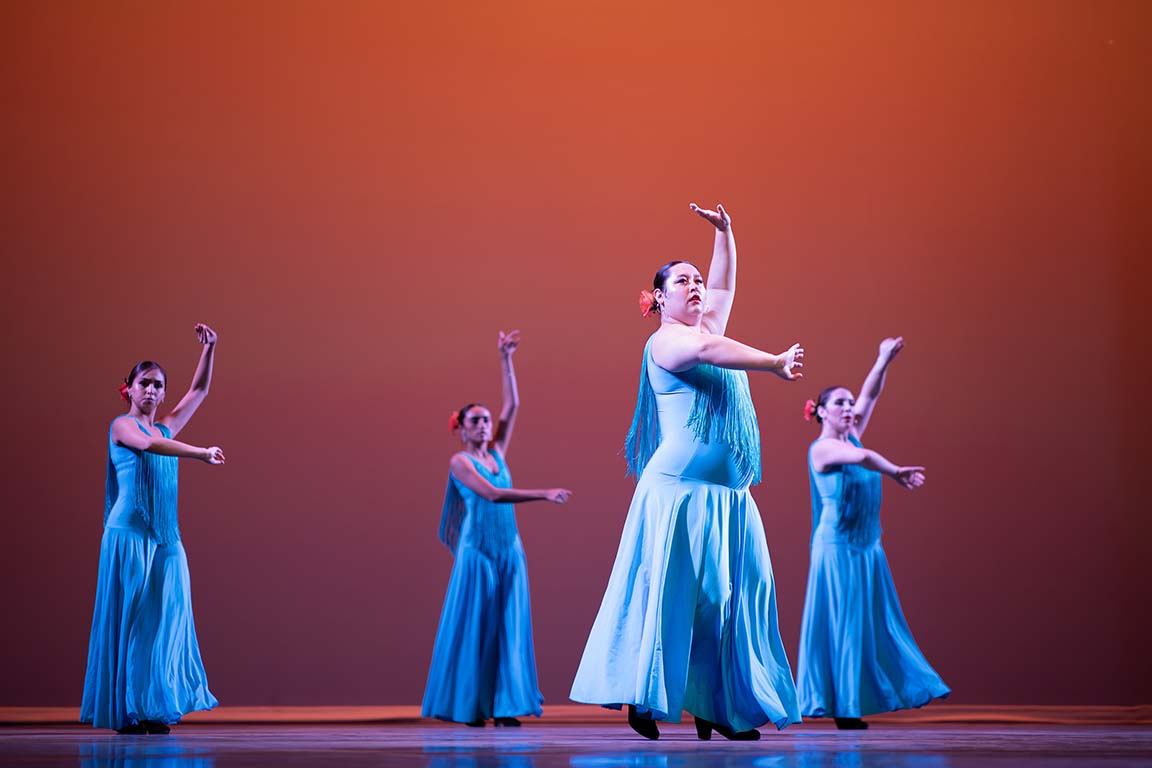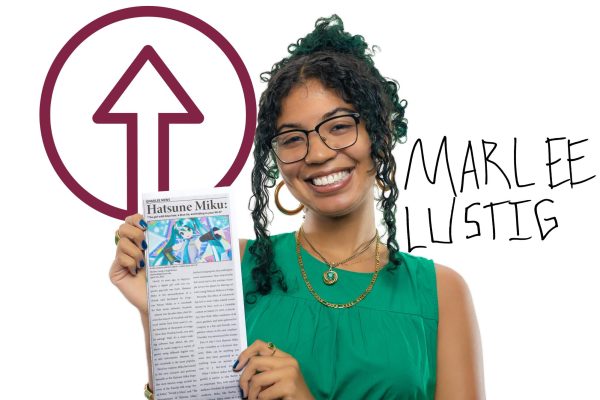March 31 marked the 16th annual celebration of Transgender Day of Visibility (TDOV) as an international holiday to recognize the transgender community. To celebrate, NMSU’s LGBT+ Programs held a panel to discuss hope, community and resilience in recognition of the day.
The panel included a mix of community members, NMSU faculty and staff. Panelists were Dae Romero, Remi Grey, Jules Barbati-Dajches, Dylan Blackston, Katalina Hadfield, Ryan Rox and Vib Gonzalez.
As social tensions rise across the United States regarding the safety and rights of transgender people, Interim Director for LGBT+ Programs, Dae Romero, asked audience members to reflect on how they can support trans people. They mentioned that at the end of March, more than 800 bills had been introduced nationwide that threaten the rights of transgender people.
“Considering this, I encourage you all through the panel to reflect on how you support trans folks – how you support the trans community,” Romero said. “If you can’t think of any ways, I hope this discussion helps you find ways of supporting the trans community.”
Remi Grey, a veteran from South Atlanta, said she’s resilient in every aspect of her life. Grey said she is “militantly trans,” meaning she is willing to fight for her community.
“Growing up, I was always told you don’t tell your story,” Grey said. “You don’t ever want to use your story as a crutch, but my life is a story of resilience.”
Similarly, Romero grew up in a ‘machismo’ household where there was an exaggerated sense of masculinity, and recalls being the only queer and trans child. For them, TDOV not only allows people to tell their stories, but also allows anybody who supports the LGBTQ+ community to listen to trans people.
“[Transgender Day of Visibility] is more than a celebration,” Romero said. “It is a call to action that unites communities and honors the experiences of everyone under the trans umbrella. Sharing and listening to diverse trans experiences illustrates that even in the face of adversity, the spirit of the trans community remains unbreakable.”

Grey added her experience fighting in Iraq and Afghanistan has given her the strength and courage to fight for others.
“You know, I faced death, I’m not scared of it, and I’m willing to fight for my community if I have to – to the death, if necessary,” Grey said. “I’m willing to do that for the Black community, for women, and for the trans community – for any vulnerable peoples. And that’s how I face resilience. It’s being willing to sacrifice so that the community is preserved.”
Katalina Hadfield is a lawyer and said being transgender isn’t the only characteristic that defines her.
“So much of at least my day-to-day life, I’m forced to confront my transness,” Hadfield said. “Which is fine, and I’m used to it, it’s been a decade, whatever, but it’s important to have those times when that label that is kind of thrust upon you in some ways, or thrust upon me, isn’t just all of who I am.”
Vib Gonzalez believes in finding hope in moments of pure joy. Even when things are difficult and finding hope feels like “sand going through your fingers,” they believe that it can be found in togetherness.
“There are times where I call, like, the moment of trans joy, so like, when you’re on a dance floor is usually when I see it a lot,” Gonzalez said. “You look around and there’s all a bunch of queer people, they’re just getting it and everybody’s in it. I call that the generation of queer joy.”
Gonzalez mentioned these moments are a celebration before the difficult moments, such as at marches where people are arrested, or even when using the restroom in public spaces. They find even when experiencing burnout, it’s seeing the community come together and being happy that inspires them.
Something that Hadfield has found beneficial to ground herself when overwhelmed is the therapeutic act of stargazing.
“I put on a jacket because it just helps me reset, and remind myself that there’s just this big, beautiful world outside of all our stupid human bull-crap,” Hadfield said.
Hadfield emphasized the importance of taking care of one’s being, regardless of a person’s gender.
“It’s just important to give ourselves grace,” Hadfield said. “And this goes whether you’re trans or not, or somewhere in-between trans and that. You have to recover and find times to rest so that you can have the strength when you need it.”









